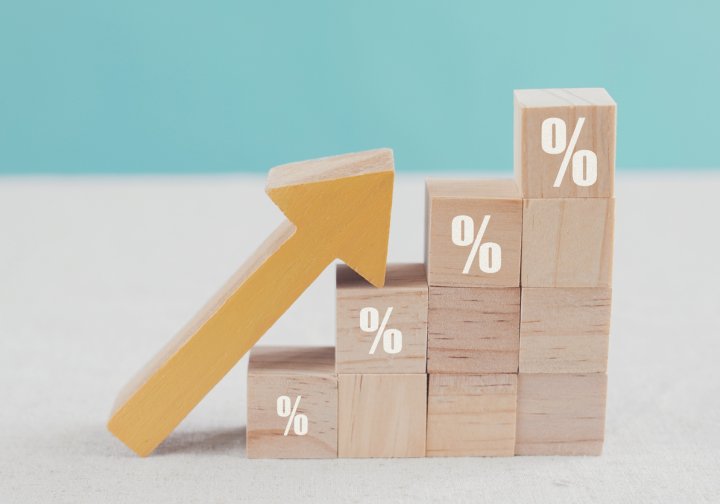Commenting on the latest figures from the Office for National Statistics (ONS) showing Consumer Prices Index inflation was 10.1% in the year to January 2023, East Midlands Chamber chief executive Scott Knowles said: “Households and businesses will be reassured to see inflation appears to have peaked and is now very slowly easing, but we shouldn’t lose sight it remains at a near 40-year high.
“Energy costs continue to be one of the biggest drivers of inflation. While businesses have been provided with some certainty over their bills for the next two years following the Energy Bills Discount Scheme announced last month, the support available will soon be significantly diluted.
“Given the East Midlands economy is well represented by energy-intensive industries, concerns over the impact of high energy costs aren’t going away for businesses.
“Although we often concentrate on the Consumer Prices Index when speaking about inflation, at 10.1% this is significantly below the Producer Price Index inflation at 14.1% – indicating how firms continue to swallow increased costs rather than pass them on to customers as far as possible.
“It was little surprise, then, that our Quarterly Economic Survey for Q4 2023 showed inflation remains the biggest business concern, which is impacting heavily on investment intentions and overall confidence.
“We know the energy crisis is predominantly the result of global headwinds but there is more Westminster can do to not only address energy security and efficiency via a long-term policy solution, but also restore business confidence by looking at the barriers to business success that we can control more broadly.
“Ahead of the forthcoming Spring Budget, we need to ‘get the basics right’, as we have outlined in our regional Business Manifesto for Growth, A Centre of Trading Excellence, by cultivating a wider business ecosystem geared around supporting success.
“This should focus on incentives to invest in people, support certainty for firms by developing a long-term approach to business taxation and regulation, and ensure businesses and communities are digitally and physically connected locally and with the wider world.”








